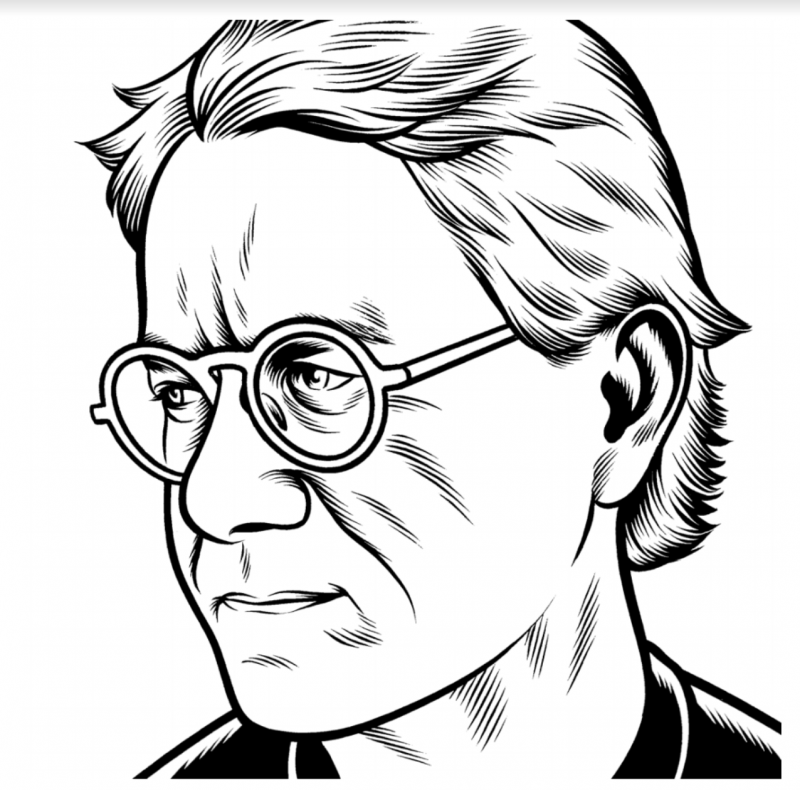(1) Gareth Liddiard, Strange Tourist (ATP). The film critic Mick LaSalle, in the San Francisco Chronicle, recently answered a reader’s query as to why the superb film Never Let Me Go—the movie about an English boarding school attended exclusively by boys and girls destined to be harvested for their organs—failed to receive an Oscar nomination as one of the ten best films of the year. “…a movie’s chances go down if viewers feel like killing themselves after an hour,” LaSalle replied. Strange Tourist is like that: a man sitting in a room, hitting notes on an acoustic guitar, meandering through tales of one defeat after another, with alcohol leaving tracks on the songs like a snail. But Liddiard leads the Drones, who with far more drama, dynamism, and fury can also make you feel like killing yourself, or anyway wishing the world would end, or wondering if, in one symbolically complete event at a time—a school shooting here, a successful Republican filibuster there, a new Lucinda Williams album on the horizon—it hasn’t already. Here, in a quiet, artless, shamed, constricted way, a person emerges: a fictional construction, someone without a flicker of belief or, for that matter, interest in redemption, cure, or another life. Against all odds, especially across the more than sixteen minutes of “The Radicalisation of D,” the final track, he makes you want to know what happens next.
(2) Jay-Z, Decoded (Spiegel & Grau, 2010). An old-fashioned artist’s book—thick, gorgeous, a collage of memoir, rhymes, photos, newspaper front-pages, drawings, paintings, and so dense in mass and swift on the eye that you have no idea what might appear each time you turn a page. For me the book lit up when I stumbled on the page with an old picture of Ronald Reagan—from the ’40s or ’50s, looking ingratiating and slick—with the shadow of Osama bin Laden peering over his shoulder. The little superimposition swirled: Jay-Z’s point was that Reagan was happy to see New York turn into Crack City, that we’ve forgotten the “historical amnesia and the myth of America’s innocence that led us into the war in Iraq.” But to me, Reagan came right out of the book, smiling over Jay-Z’s shoulder, handing him a Medal of Freedom, telling him that he, like all of the other people on the stage, was an American hero for proving that in this great country anyone can make himself so rich democracy is beside the point.
(3 & 4) Mildred Pierce, directed by Todd Haynes, written by Haynes and Jon Raymond (HBO) and Michal Grover-Friedlander, Operatic Afterlives...
You have reached your article limit
Sign up for a digital subscription and continue reading all new issues, plus our entire archives, for just $1.50/month.
Already a subscriber? Sign in





